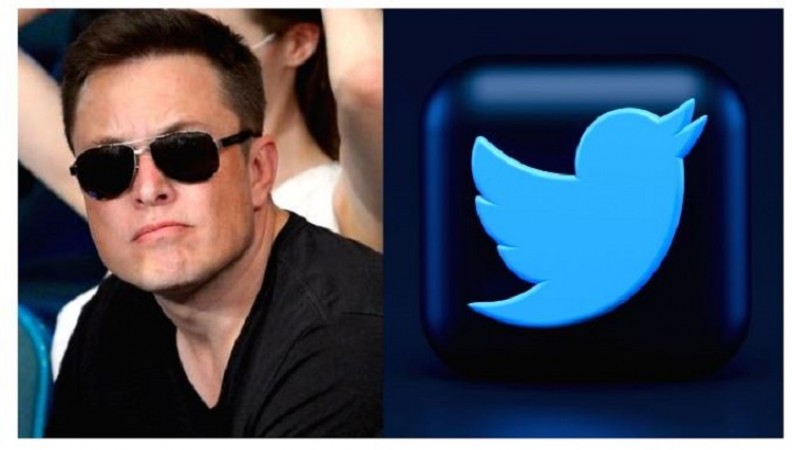
Elon Musk's bold prediction that artificial intelligence (AI) could outsmart individual humans within a year ignites a crucial conversation: will AI take over the world and replace human jobs? While there's no easy answer, understanding the potential of AI is essential as we navigate the changing workplace.
Understanding AI's Impact on Employment
AI already automates many tasks, streamlining industries from manufacturing to customer service. As AI advances, experts predict an even greater impact on the workforce. Some sectors, like data analysis and repetitive tasks, are particularly vulnerable. However, AI also opens opportunities for new, specialized jobs that likely didn't exist before.
AI vs. Human Intelligence: Collaboration or Competition?
Rather than a zero-sum game, AI and humans may evolve towards collaboration. AI excels with speed, data processing, and pattern recognition. However, humans possess essential advantages in creativity, critical thinking, emotional intelligence, and adaptability. Future success could lie in harnessing the complementary strengths of both.
Experts Weigh In: AI's Potential Benefits and Risks
Preparing for the Future: Adapting to the AI-Driven World
The AI revolution may be disruptive, but it also presents possibilities for human growth and innovation. Staying ahead of the curve involves:
Conclusion
AI's impact on jobs and the AI vs. human intelligence debate will continue to dominate discussions. While uncertainty exists, proactivity and adaptability will be key for navigating the future where AI and human ingenuity coexist.
Why is this model of Artificial Intelligence being called the most intelligent?
Elon Musk Calls for OpenAI to Rename Itself 'ClosedAI' to Settle Lawsuit